TeachEngineering
Teach Engineering: How Does a Sound Sensor Work?
Students learn about how sound sensors work, reinforcing their similarities to the human sense of hearing. This lesson and its associated activity enable students to appreciate how robots can take sensor input and use it to make...
TeachEngineering
Teach Engineering: Robot Soccer Challenge
Students learn how two LEGO MINDSTORMS NXT intelligent bricks can be programmed so that one can remotely control the other. They learn about the components and functionality in the controller and receiver programs
Science Buddies
Science Buddies: Career Profile: Database Administrator
With so much data gathered on the computer, someone needs to be able to organize it. That falls to the database administrator. This Science Buddies site lays out the requirements needed to become a database administrator , as well as the...
Science Buddies
Science Buddies: Career Profile: Multimedia Artist or Animator
If you have an artistic bent combined with an interest in computer graphic design, the career of multimedia artist or animator might be something for you to consider. This Science Buddies site lays out the requirements needed to become a...
Science Buddies
Science Buddies: The Unconstrained Truth About Constrained Layer Damping
This science fair project shows you how to transform a noisy piece of metal into a sound-muffling constrained-layer damper. You will record the sound of a controlled impact on a piece of metal with a microphone, a computer, and some free...
TeachEngineering
Teach Engineering: Computer Accuracy
Accuracy of measurement in navigation depends very much on the situation. If a sailor's target is an island 200 km wide, sailing off center by 10 or 20 km is not a major problem. But, if the island were only 1 km wide, it would be missed...
TeachEngineering
Teach Engineering: Studying Evolution With Digital Organisms
Students observe natural selection in action and investigate the underlying mechanism, including random mutation and differential fitness based on environmental characteristics. They do this through use of the free AVIDA-ED digital...
TeachEngineering
Teach Engineering: Evolution of Digital Organisms
Students are introduced to the concepts of digital organisms and digital evolution. They learn about the research that digital evolution software makes possible, and compare and contrast it with biological evolution.
Alabama Learning Exchange
Alex: Land Surveying Project
This project resulted from of the collaboration of a computer aided drafting teacher, Chris Bond, and a math teacher, Lee Cable, (Hewitt-Trussville High School) to provide higher math expectations in CT and real life application in...
Khan Academy
Khan Academy: Electrical Engineering: Home Made Robots
Use these tutorials to start some robotics projects with Spout, Spider, and Bit-zee bots.
Curated OER
Google for Education: Children and Technology: Programming in Scratch
Students experience what is it like to be computer programmers through the children's computer coding game, Scratch, developed by MIT engineers.
University of Houston
University of Houston: Engines of Our Ingenuity: No. 1031: Antikythera Mechanism
This site contains the history of and a description of the Antikythera Mechanism in written and audio form.
Read Works
Read Works: Green Machines
[Free Registration/Login Required] Students read about low-cost laptop computers improving education for children in need around the world. A question sheet is available to help students build skills in drawing conclusions.
Other
University of Delaware: Major Resource Kits
Major Resource Kits link academic majors to career alternatives by providing information on career paths, sample job titles, and a short bibliography of Career Resource Center materials available to students in a particular major....
Science Buddies
Science Buddies: Project Ideas: Plan a City of the Future With Sim City
In this video and computer games science fair project, design and build a city of the future using SimCity. The Science Buddies project ideas are set up consistently beginning with an abstract, objective, and introduction, followed by a...
Science Buddies
Science Buddies: Which Simple Machines Do I Use the Most?
When you think of a machine, you probably think of computers or robots. Try this experiment to see how simple machines are used everyday around your house.
Virginia Tech
Virginia Tech: Charles Babbage
Learn about Charles Babbage; computer pioneer, philosopher, politician, newtonian, industrialist who lived from 1791 to 1871.
Other
U.s. Army: A Report on the Eniac
This site has a copy of the original report on the ENIAC high-speed electronic computing machine, from the Moore School of Electrical Engineering, University of Pennsylvania. Includes a detailed and technical description of how the...
PBS
Pbs Teachers: Earth's Warming Climate: Are We Responsible?
We obviously don't want to feel responsible for the warming climate, but are we? In this lesson plan you will analyze CO2 data sets and study barriers involved in teaching about global climate change. PBS TeacherLine also provides a...
Rice University
Rice: Design Patterns for Parsing
A description of the design patterns that are common in software engineering.
Department of Defense
Do Dea: Web Design: Module 3: Copyright Law
In Module 3 of this course on web design, students learn about copyright law and the Fair Use Act and how these apply to web design. They learn how to find free images online and save them to a computer, how to cite sources, and how to...
Other
Ontario Council for Technology Education: Designing Chess Pieces [Pdf]
In this project, students will design and create 3D CAD drawings of a set of chess pieces. They will work through the stages of the design process, assess and develop design criteria when creating concept and scaled sketches, and use...
Other
Ontario Council for Technology Education: Designing a Desk Organizer [Pdf]
By the end of this project, learners will be able to understand and work through the stages of the design process, assess and develop design criteria when creating concept and scaled sketches, and use computer design software (SketchUp...
Khan Academy
Khan Academy: What Are 3 D Shapes?
This Khan article explains how to write your own 3D graphics engine with some trigonometry!

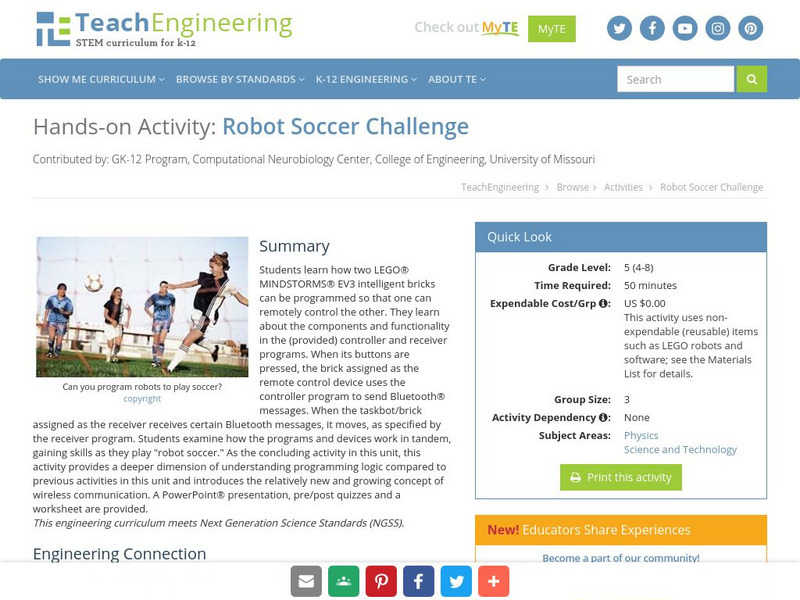
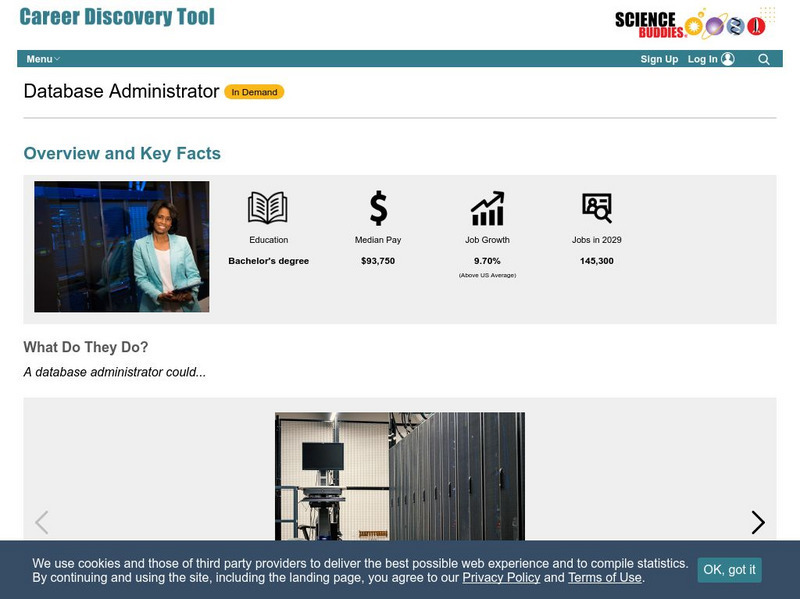


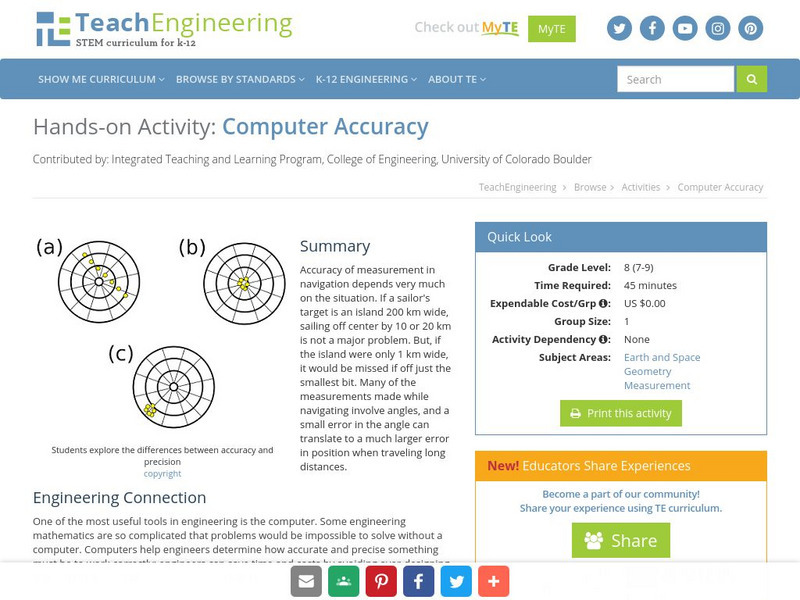
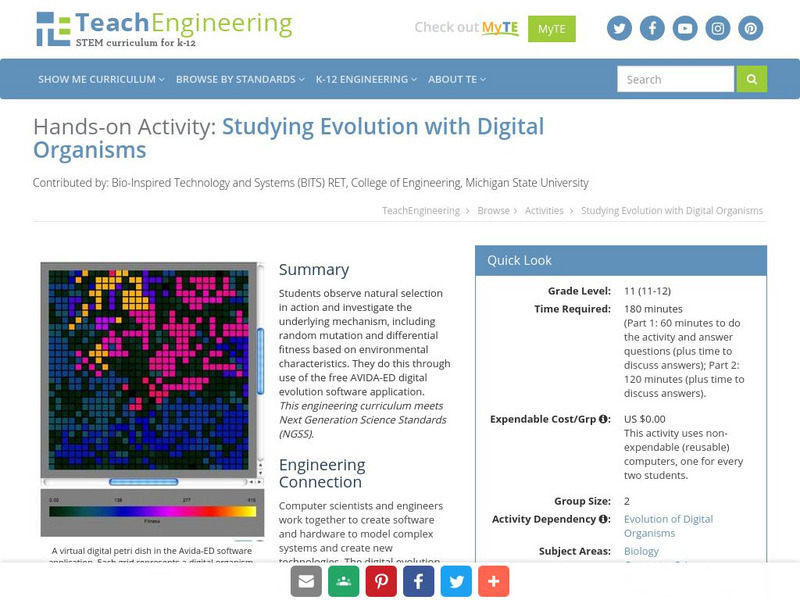
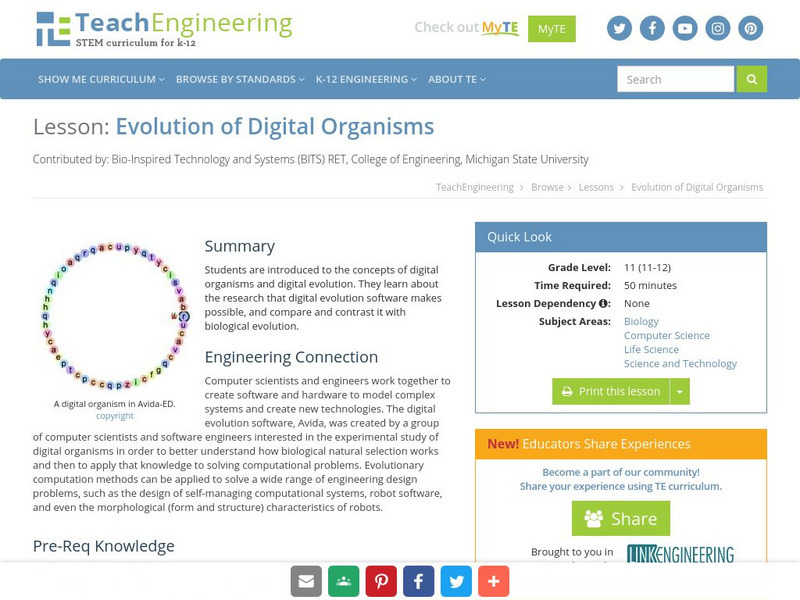

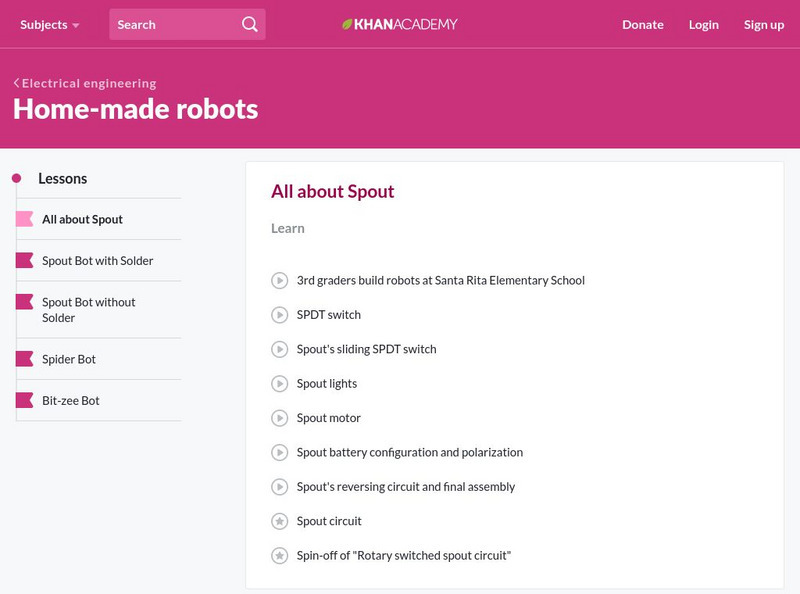
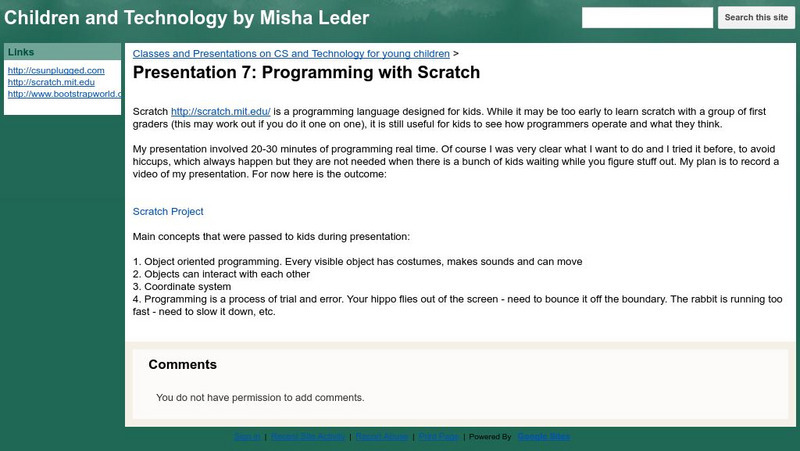


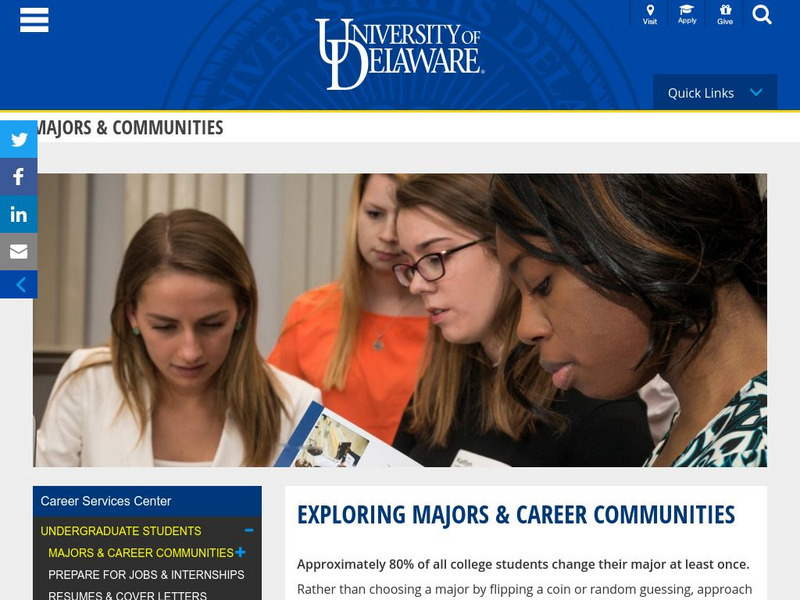
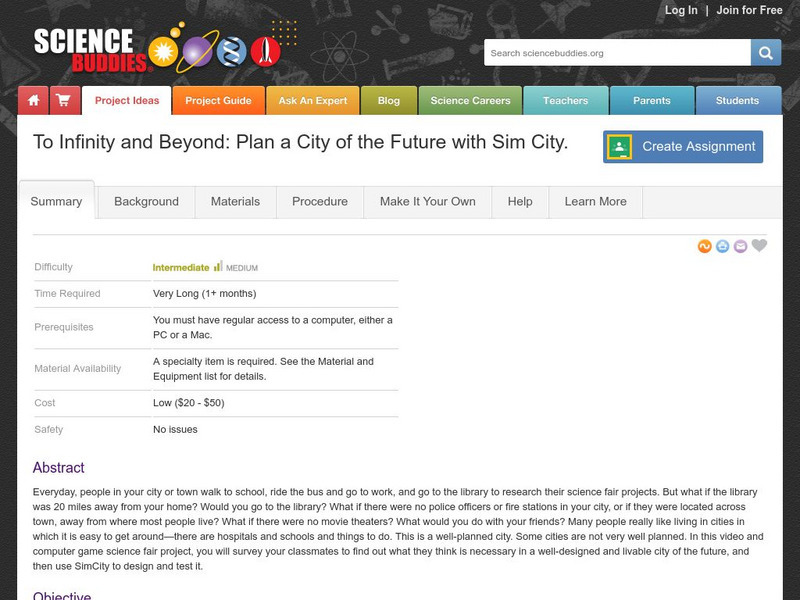
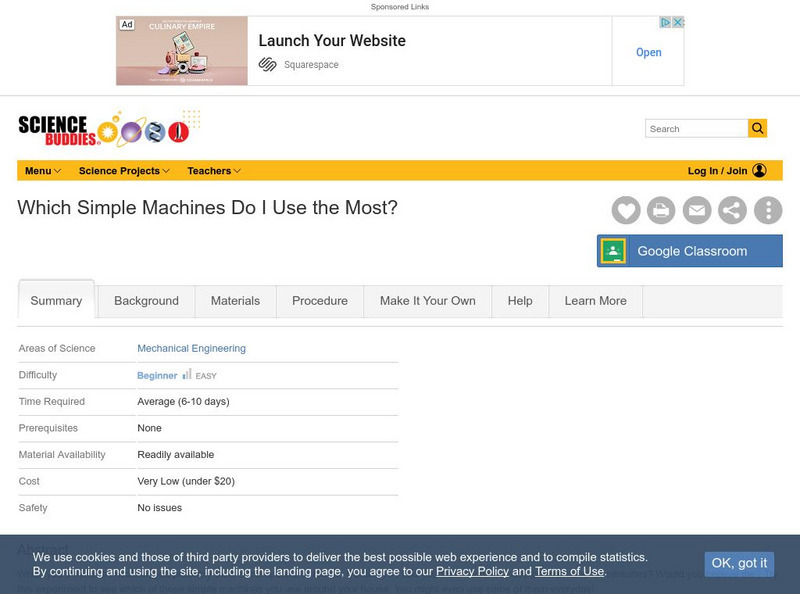
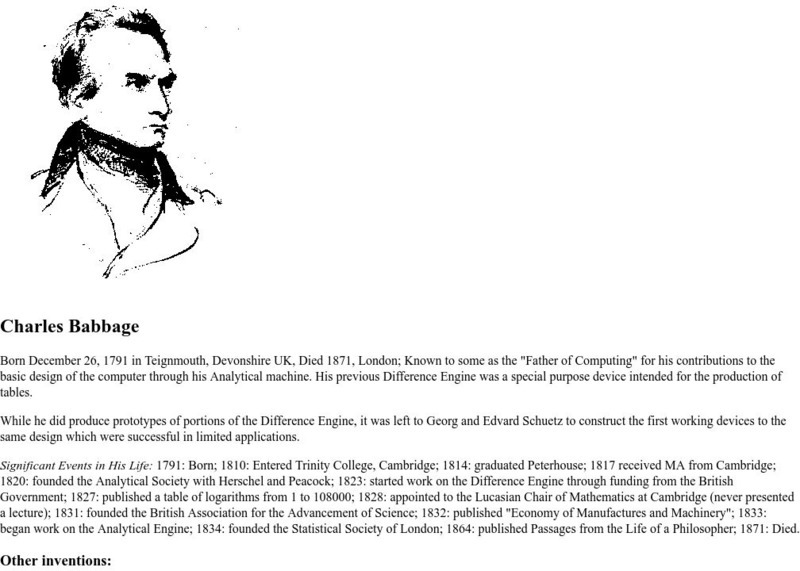
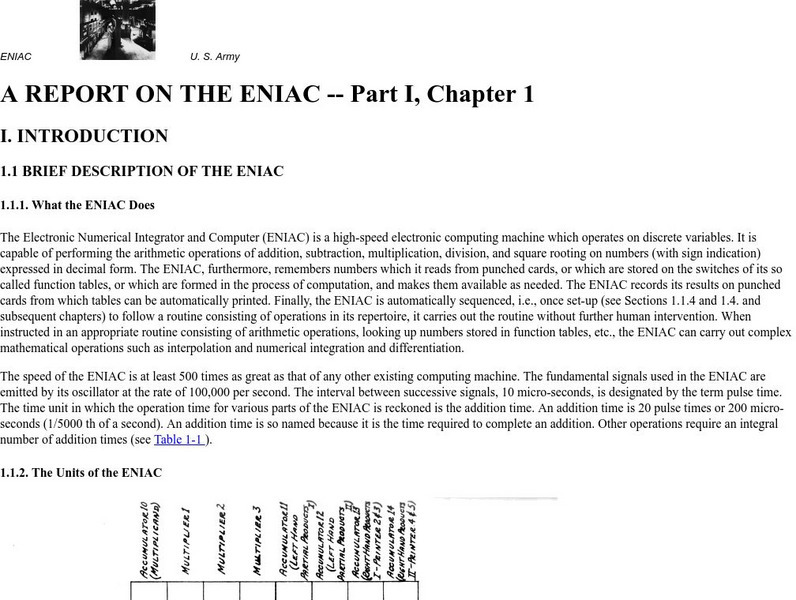



![Ontario Council for Technology Education: Designing Chess Pieces [Pdf] Lesson Plan Ontario Council for Technology Education: Designing Chess Pieces [Pdf] Lesson Plan](https://static.lp.lexp.cloud/images/attachment_defaults/resource/large/FPO-knovation.png)
